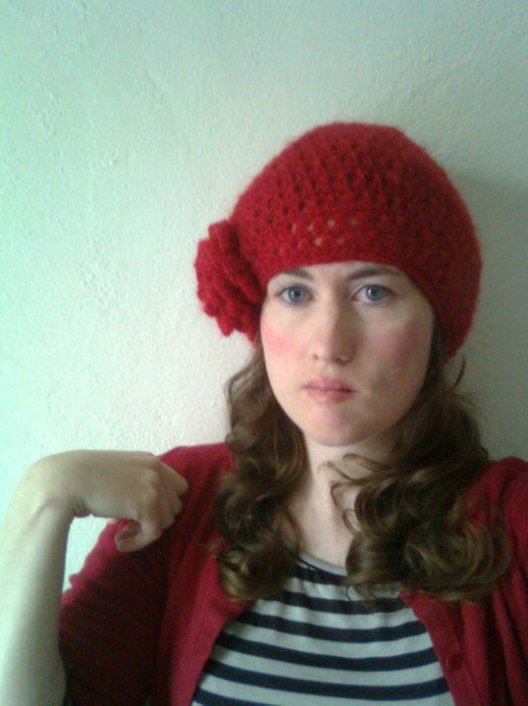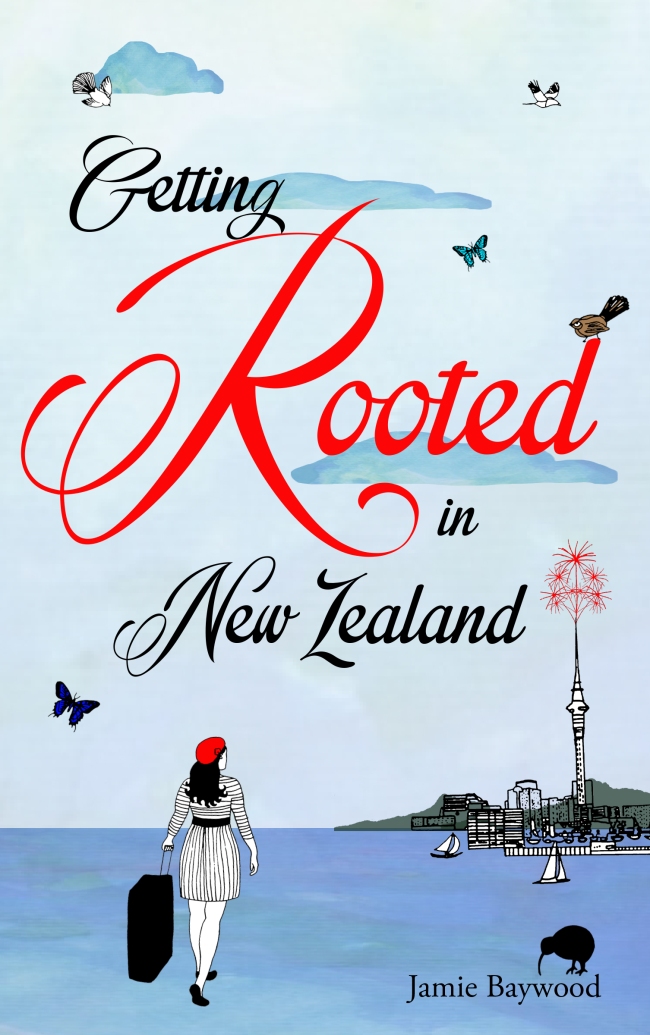Brenda Ueland wrote this inspirational book at the end of the 30s, but the 21st century reader in me did not find anything outdated. Good news: there were always people really interested to write and share their fears and writing tips. Self-trust is very important not only when it comes to writing, but at a great extent, without self-trust it is not easy to survive the complicated world of words. Nowadays, it is ridiculously easy to put on paper your thoughts especially if you do not have an academic literary training, have more time for your passion but also to publish your own works. It is very simple when you have enough of the big pile of rejection letters collected on your desk.
Ueland published during her lifetime only 2 books - at the time, it sounded quite normal, not like today when the publishing competition is so tight that if you don't publish at least one title the year, you may be forgotten in the next days. But writing was Ueland's job, as for a long time she taught writing and also kept a diary with the most interesting experiences encountered. Those memories offered a lot of material for the book. In her own words: "Even if I knew for certain that I would never have anything published again, and would never make another cent from it, I will still keep on writing". Contrary to what many may thing, in her opinion, 'inspiration does not come like a bolt, nor is it kinetic, energetic stewing, but it comes into us slowly and every day give it a little chance to start flowing (...)". A couple of minutes of solitude each day may create the best environment for inspiration.
A great advice that goes well for more or less experienced writers is to focus on present. Of course the writer should care about the reader, but by offering the best sample of his work each time - "As you write, never let a lot of 'oughts' block you". Otherwise, thinking with fear about the future - What will the reader say about it? Will he/she love me or hate me or rather consider my work a failure etc.? - will never encourage quality work. The opinion of other members of the family can be important but if they don't like it, it should not matter. I remember as once, as a 14 year old, I asked the opinion of my step father about some small poetry I've written. As he always saw my future in the world of high-tech and science in general, he dismissed my notebook telling me with a cynical smile on his face that I better go to prepare my math homework. Happily for the world of words, I did end up working with words, but for many years after I did not have enough courage to write poetry again.
I do have some reserves about a generous perspective on the human writing nature, but I cannot stop sharing this optimistic quote: "(...) all people have in them the power to write greatly and well, when they express fully and carelessly what is true to THEM". I suppose that she addressed to people that already knpw they want to write and did some previous exercises at least once. As 'one's writing reflects one's personality' it is important to ponder your words and find your voice.
Although managing good writing techniques are very important for every kind of writer, a good story is the one made by those who 'think of telling a story not of writing it". A big admirer of Russian literature - as I do I - Ueland recommend the classical works of Chekhov and Dostoevsky for the strong connection with life. For them, 'life is more important than literature' and for her, it is the best recipe for success. The characters must come fully ton life in your imagination. And if it does not happen after the next 100 words keep writing, and writing, and writing. Do you find a bigger pleasure in any other kind of work?


